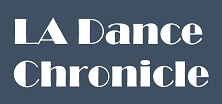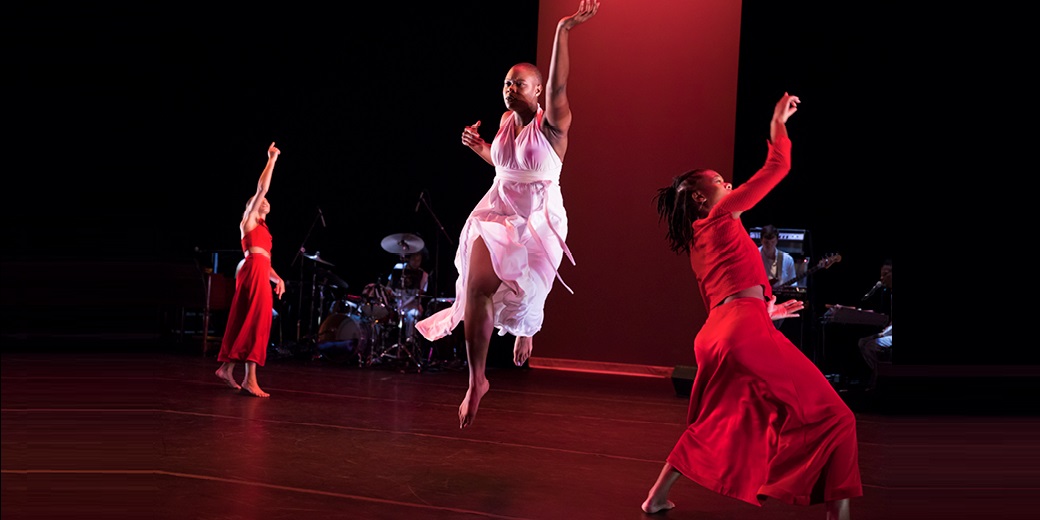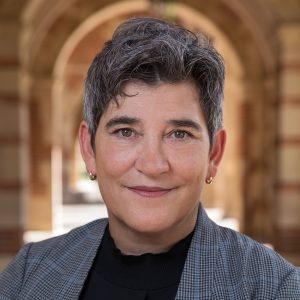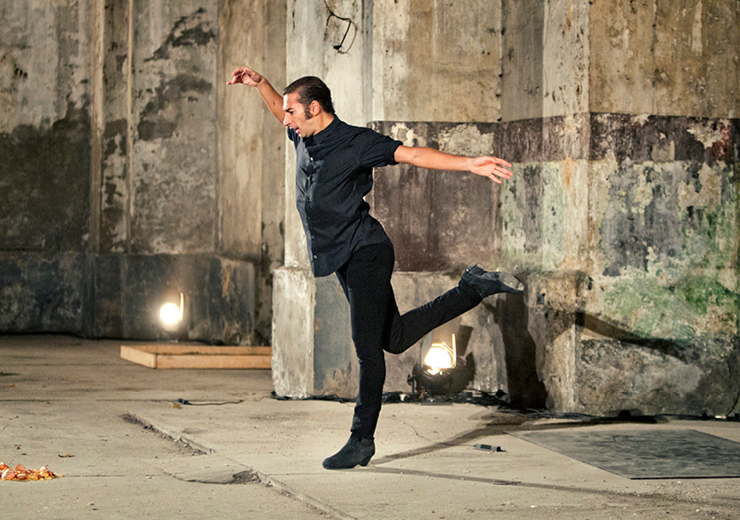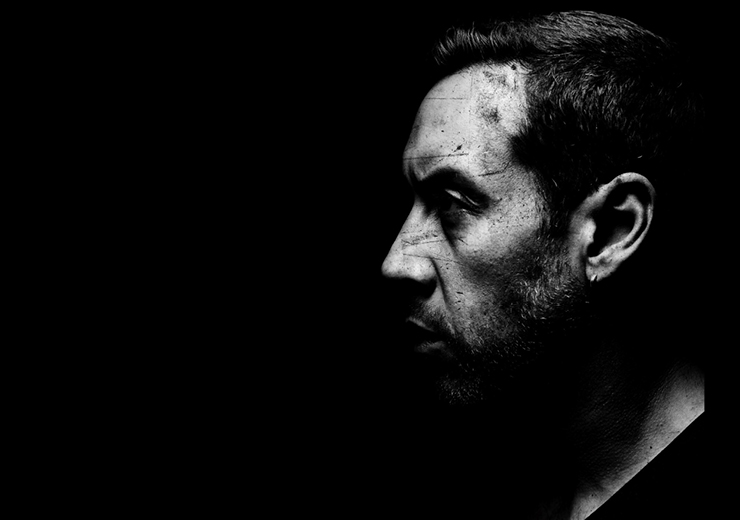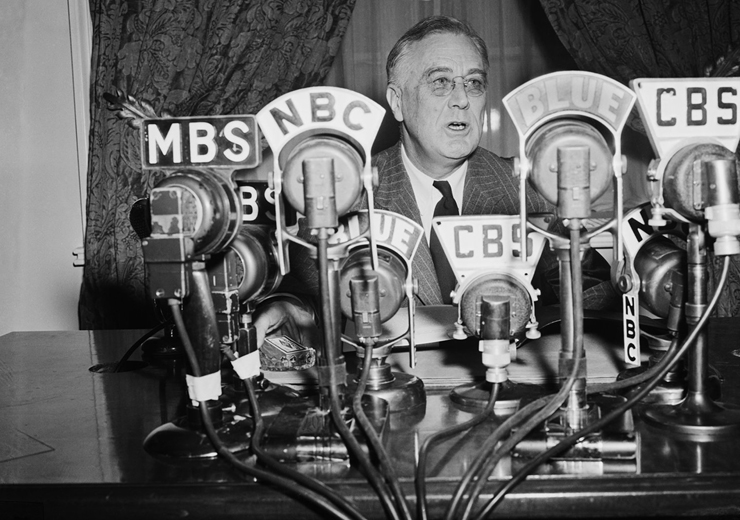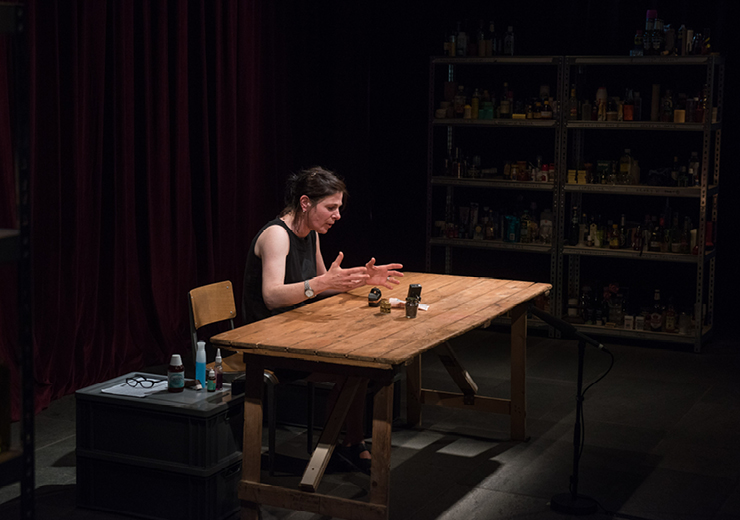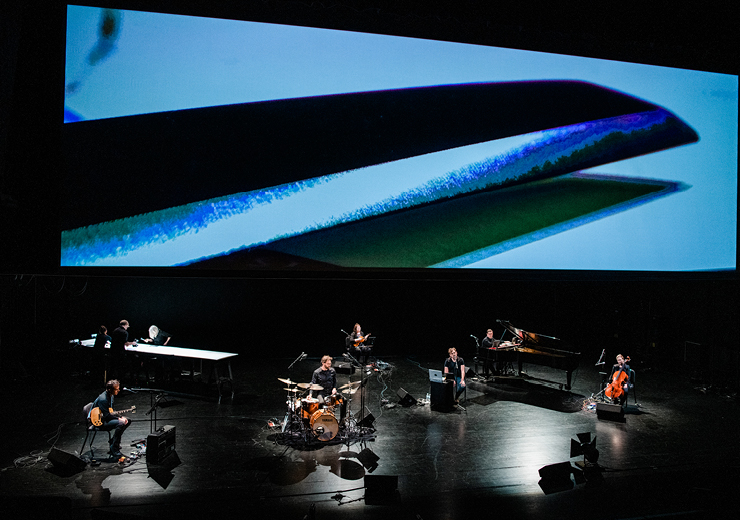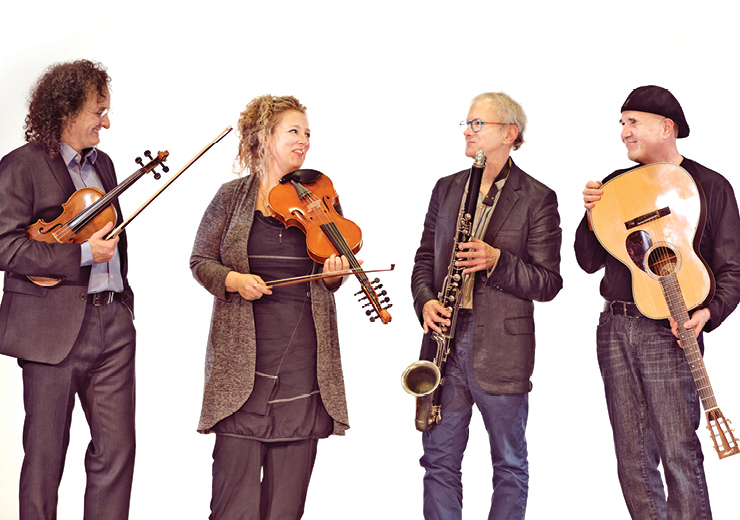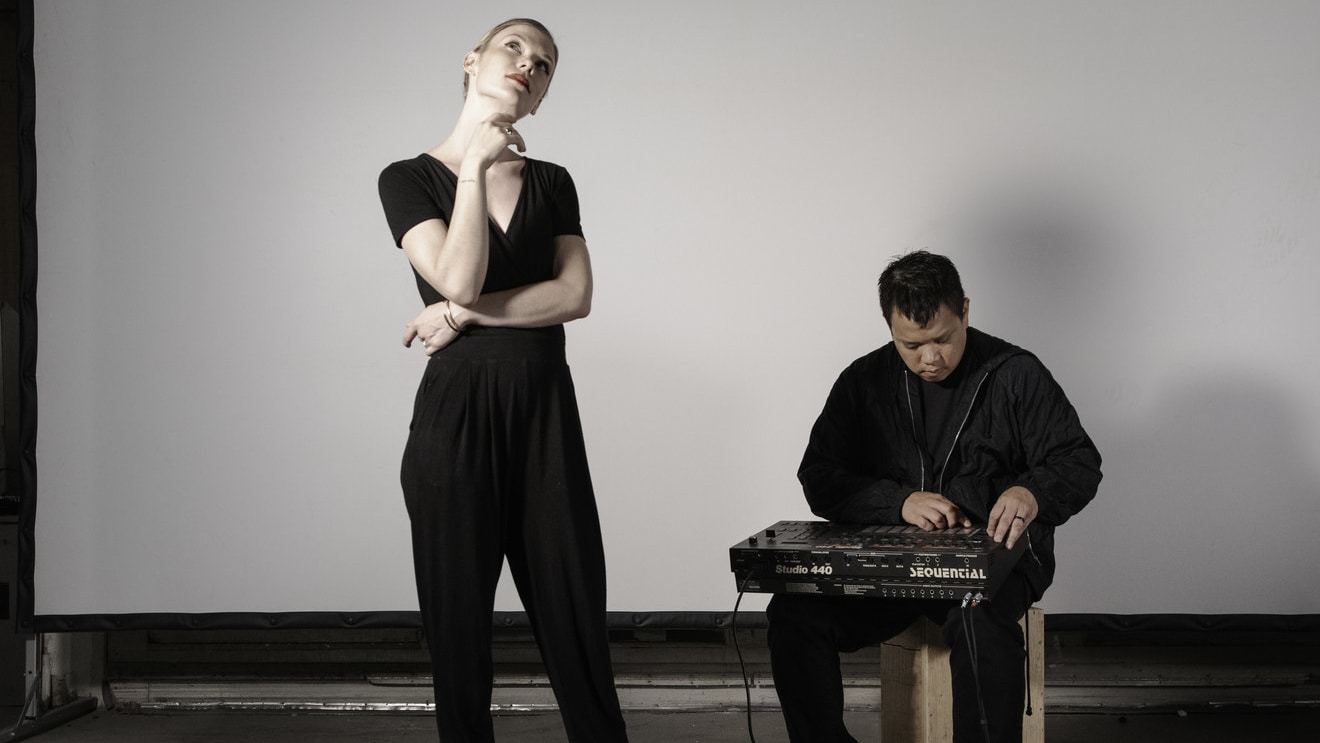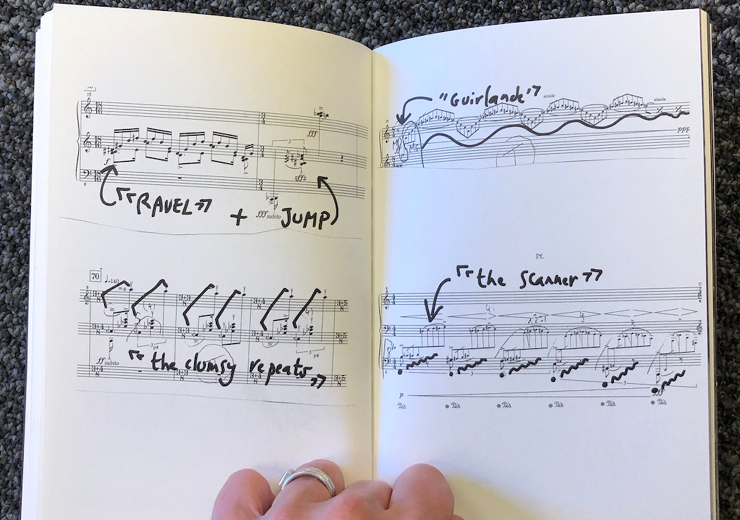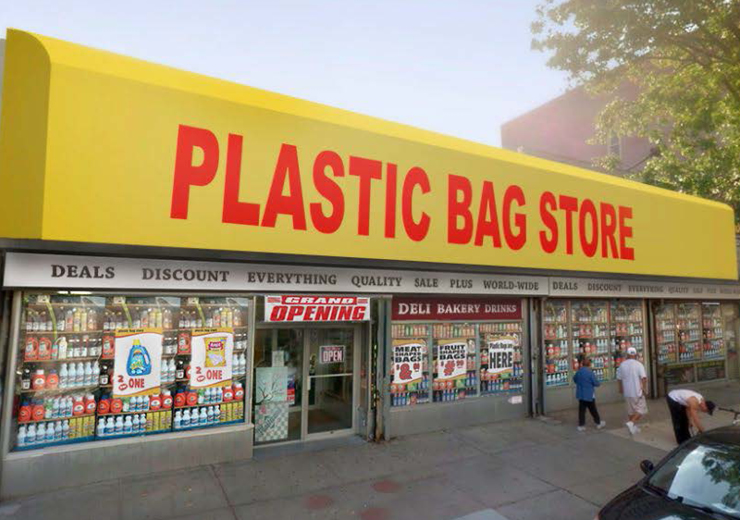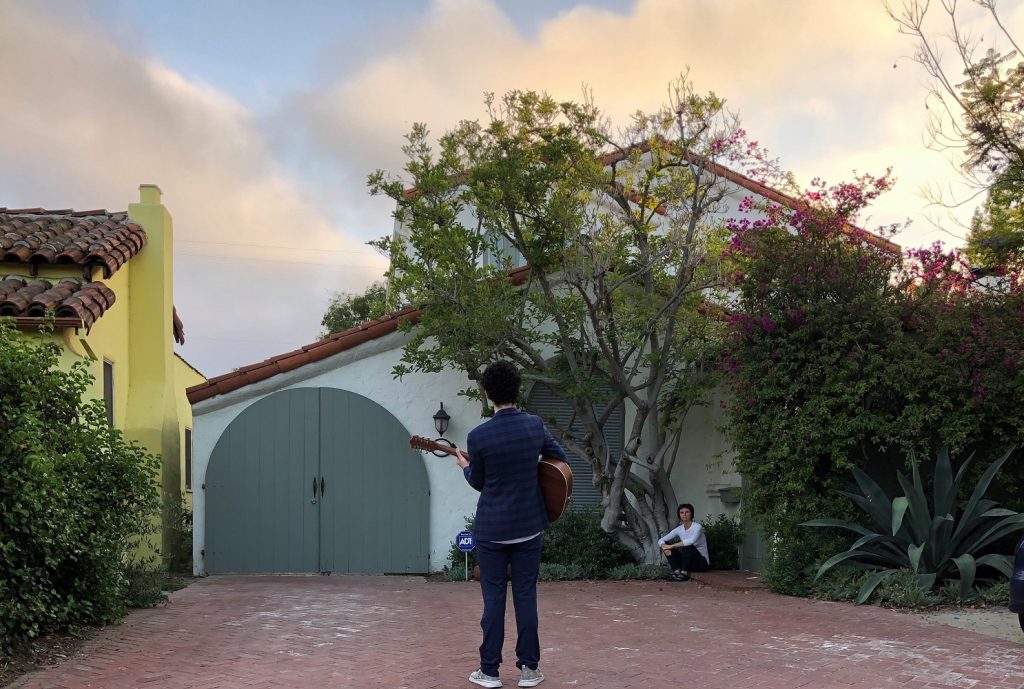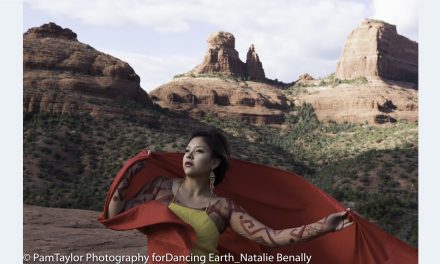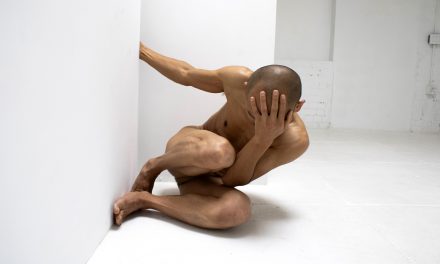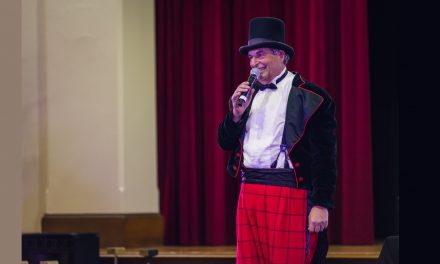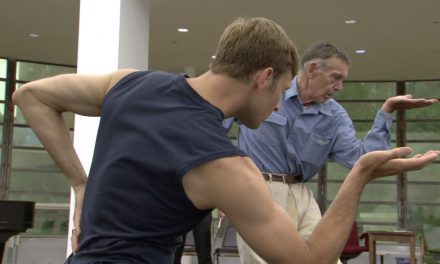In just weeks, the 2020-21 performance season will begin and there is no clear end in sight to the pandemic. With this in mind, the University of California, Los Angeles’ Center for the Art of Performance (CAP UCLA) worked hard to create a season that honors its legacy of excellent programing while staying within the state and national health agencies’ mandates to prevent the spread of the coronavirus. On Tuesday, June 23, 2020, Executive and Artistic Director of CAP UCLA, Kristy Edmunds, and Director of Education & Special Initiatives, Meryl Friedman held a Zoom webinar to announce part of the upcoming season, and to explain how and why these choices were made. It was interesting, inspiring, and encouraging information.
“While every season is the result of copious planning against challenging headwinds, what went into the 2020-21 program is truly unparalleled.” This was the beginning of a letter written by Edmunds to the press and CAP UCLA’s patrons. It is true because the COVID-19 pandemic not only threatened everyone’s health, it has had a devastating impact on most people’s livelihood and the entire global economy.
As someone who has worked in the Dance business for over 50 years, Edmunds’ entire letter and what she and Friedman said on the webinar deeply resonated with me. Here is another example. “We are extremely proud of what we have in place. It is not based on what remains, rather, it is the exuberant response to navigating uncertainty with an abiding commitment to the incredible artistry at work in the world.”
What this one sentence, and throughout the hour’s long webinar discussion, said to me was that CAP UCLA was of course thinking about their audiences, supporters and employees, but they made the work and livelihoods of the artists a priority for their programing decisions. Edmunds and Friedman understand that a performing artist’s income is based on the number of events, and that there are often long periods between those performances. Generally, artists will generate income by working part time jobs such driving for Uber, working in restaurants or teaching. Aside from in-person performances, Edmunds and Friedman recognized that this pandemic has also wiped away those freelance jobs in the gig economy.
“It’s so great to finally be in a position where we can try and share something about how we work towards recovery and how do we move things forward for our communities here and around the country and around the world.” Edmunds said at the beginning of the webinar, and one felt her emotion through the sound of her voice and in the expressions on her face. I felt she was honestly moved.
Following the introductions and instructions of how the Q&A would take place, both Friedman and Edmunds described the period when they realized that “the show is not going on”. Edmunds realized that the pandemic was coming when she learned through various campus leaderships that the Ronald Reagan UCLA Medical Center were working on building exterior medical sites for Covid patients. Realizing that their staff would soon be working from home, she immediately instructed them to learn how to use the computer video conferencing application known as Zoom.
She knew that she would soon be called on to make difficult decisions, and so sat down and had a conversation with herself. “Kristi…Edmunds…start moving! Start moving now…quickly! Don’t sit back in denial or you will add to the confusion.” These were definitely thoughts of a leader.
This realization happened right when CAP UCLA was about to present Octavia E. Butler’s “Parable of the Sower”, a political theater work featuring a powerhouse ensemble of 20 singers, actors, and musicians to a sold out house and an entire third of their season ahead of them.
“Not only were we responding to the human crises of it,” Friedman said, “but it was just the sheer logistics of if anybody is going to show up at 8 o’clock?” They knew that this would be the final performance of the season, but at that point the mandate to close all performance venues had not yet come down from the governor. “What were we going to do with that?” Friedman asked herself.
Of course, other companies had contracts with CAP UCLA. The South African choral group Ladysmith Black Mambazo was one such company who was already in flight when the lock down and cancelations began to happen. The mandated guidelines were still allowing a maximum of 50 people at any gathering, so Edmunds decided to proceed with the performance to a small audience, but to have it recorded and make it available to the ticket holders who were being refunded. The concert was a huge success and it not only gave those at CAP UCLA joy and hope, it also provided a way of thinking about presenting concerts in the future.
Edmunds said. “I was thinking about all the artists out there, around the country and around the world, where these kind of cancelations were happening, I knew that immediately the contracts would stick them into the Force Majeure class.” Force Majeure is a common clause in contracts that essentially frees both parties from liability or obligation when an extraordinary event or circumstance beyond the control of the parties prevents one or both parties from fulfilling their obligations under the contract. The pandemic was one such event. Edmunds immediately set about having discussions with her organization about how to provide the artists with partial payments toward the contracts or re-scheduling the events.
Filming Ladysmith Black Mambazo was part of the giving back process. It provided a permanent asset that the artists would have, something that CAP UCLA could share with audiences, and because the film was edited and not live streamed, the company had some esthetic control in the editing process. Filming a concert before putting it online gave pleasure to the audiences, and, just as important, it helped provide the artists’ with “cultural mobility, esthetic mobility and financial mobility”.
Edmunds then talked about the Commissions Project and how she wanted to put the resources for the artists and their work upfront. Due to the pandemic, most artists do not have access to rehearsal spaces. Dancers in particular can not gather together to rehearse, so it is majorly impacting their community. Edmunds related a conversation with a trumpet player who told her that normally he could rehearse in his apartment 3 or 4 hours a day while his neighbors were at work. Now, however, after 10 or 15 minutes of practicing, someone is either calling him or knocking on his door asking him to stop.
The discussion turned to how long before choreographers go into rehearsals they often make notes or scores of the ideas she/he are working on. Therefore, CAP UCLA partnered with Pomegranate Arts to commission 27 choreographers to submit their scores. At this point, a slide of three choreographic scores by Deborah Hays appeared on the screen. In whatever form these scores take, they are presented to their dancers and the process of making a dance begins. These commissions therefore aid the artists in moving forward with their ideas. “In a way,” Edmunds said. “it is like a love letter to the future of dance.”
The program categories discussed on the webinar included Artist Support/Initiatives; Artists Commissions; Online Stage; The Tune In Festival; Performance Programs; Creative Development Initiatives; Engagement; Support; and What’s New. I will only address a few of them here.
As noted earlier, Dance has been more diversely affected by the COVID-19 pandemic. Companies are not yet allowed to gather in studios to rehearse or make physical contact. Therefore, the ONLINE DANCE performances will include only two events: November 12-14, 2020, a four-day celebration about God’s grace and the legacy of Alvin Ailey by Choreographer Ronald K. Brown/EVIDENCE: Grace @ 20 features a filmed presentation, discussions and at-home master classes; and on February 27, 2021 at 8 PM in Royce Hall, the prize winning Flamenco dancer Israel Galván in Solo – Also available online TBD (If live audiences are allowed, available tickets will go on sale four weeks prior to the performance date).
Solo dance artists will, however, be included in another newly designed program. The Artists Commissions program. CAP UCLA, in collaboration with National YoungArts Foundation, is launching The Sidewalk Sessions: L.A. “We have assembled an extraordinary roster of artists from throughout the LA area who are ready to turn your lawn or driveway into a stage for some real time art sharing” is how it is described on the website. Artists will perform outside and the audience will watch from the comfort of their home or front porch. The cost of each session is $50 and all the revenue benefits the artists. To learn more about booking a session, click HERE.
Additional projects adapted specifically for the online stage include Forced Entertainment’s Table Top Shakespeare: At Home Edition, a condensed at-home version of all 36 Shakespeare plays told with found objects offered over two months; an online concert by the famed Quinteto Astor Piazzolla filmed in Buenos Aires specifically for CAP UCLA audiences; Robin Frohardt: The Plastic Bag Store: A Film, a puppet-led virtual tour of an absurdist retail space installation currently on lockdown in Times Square, whose objects are all produced from plastic bags; she is called, a concert by the highly acclaimed Brooklyn Youth Chorus featuring new compositions by women composers; and returning favorite Kid Koala who will livestream an online-at-home communal experience for CAP UCLA audiences with Music to Draw To, 4-5 hours of creative quiet time accompanied by inspirational music.
The entire lineup of music and theater west coast premieres and rescheduled performances is too long to be listed here, and it only happened due to the forward thinking, planning and hard work of Kristy Edmunds and the entire staff at CAP UCLA. Brava! Bravo!
Written and compiled by Jeff Slayton for LADC, June 26, 2020.
To learn more about CAP UCLA’s 2020-21 Season, click HERE.
